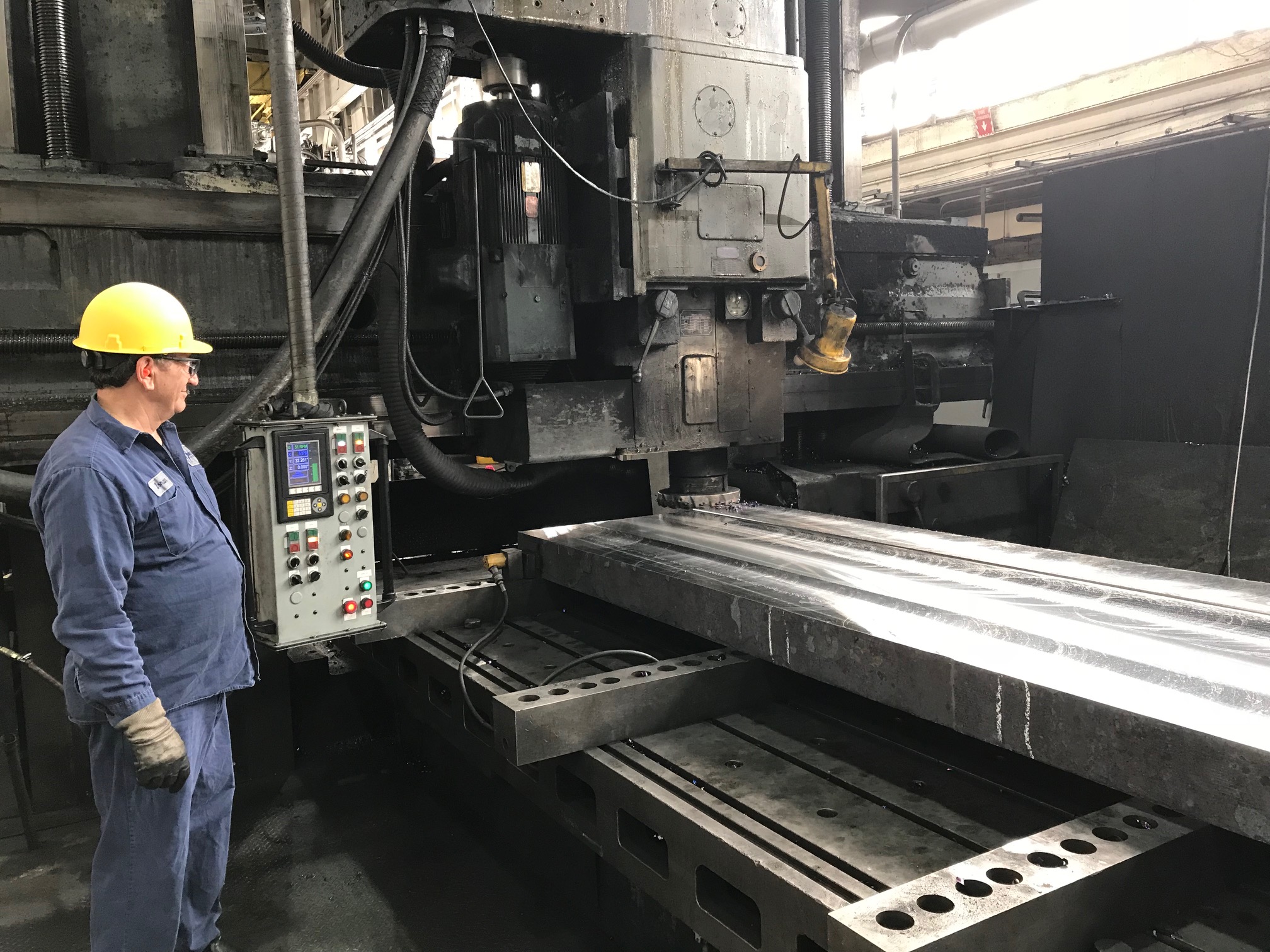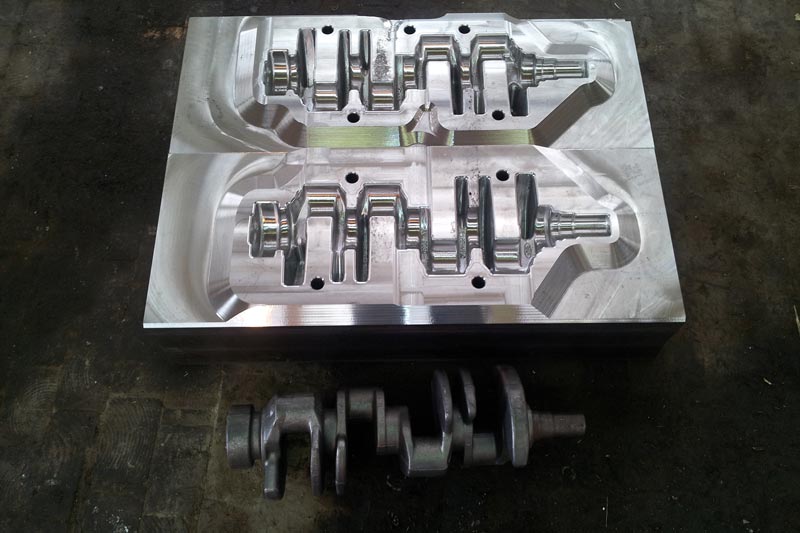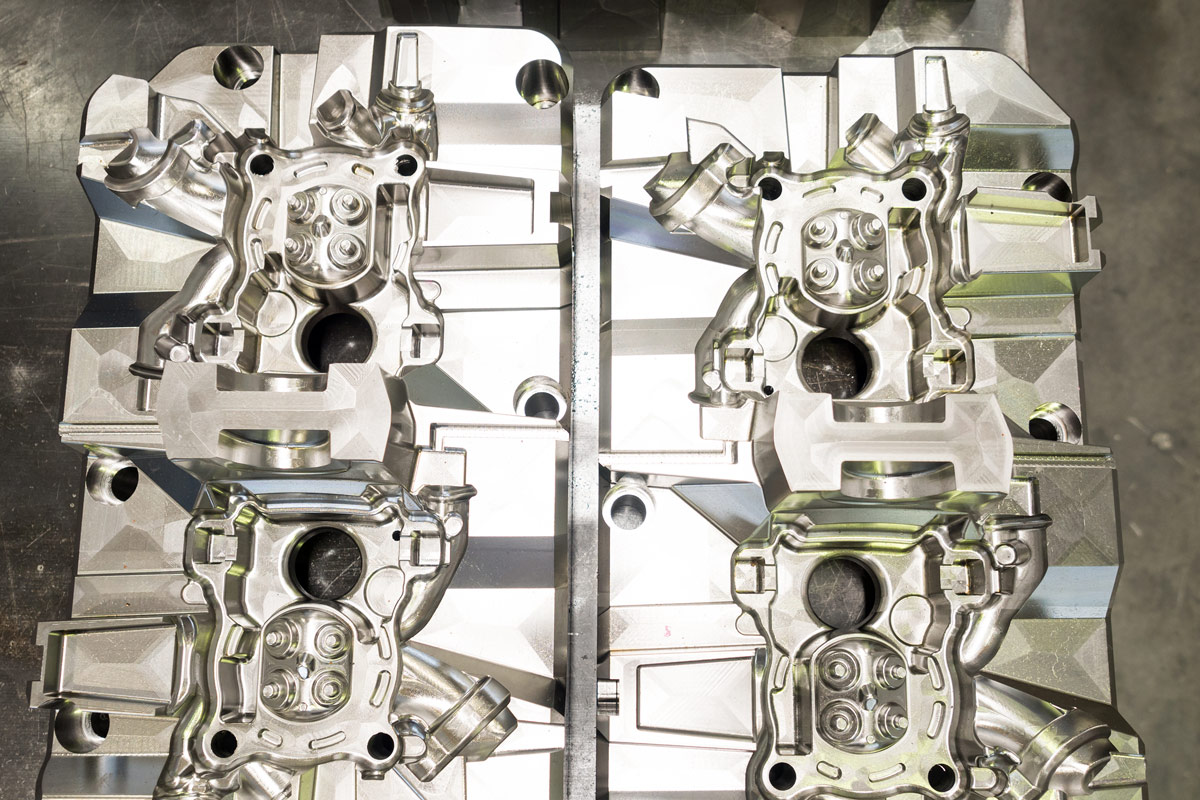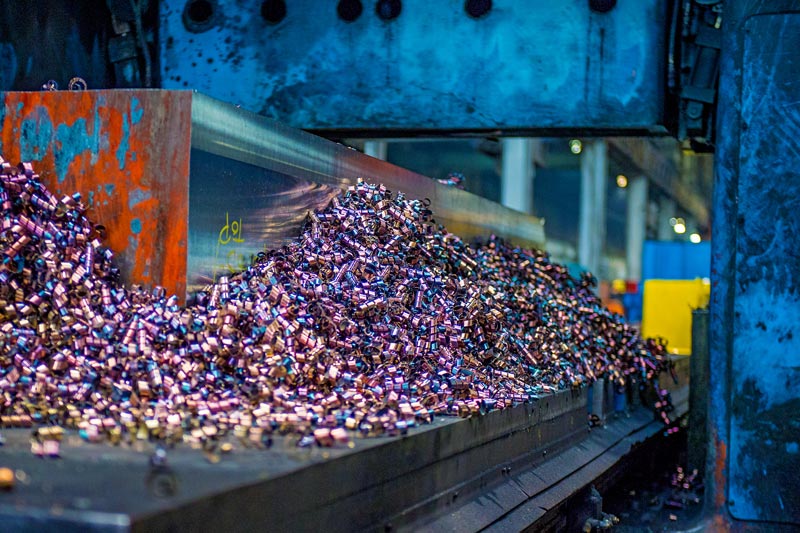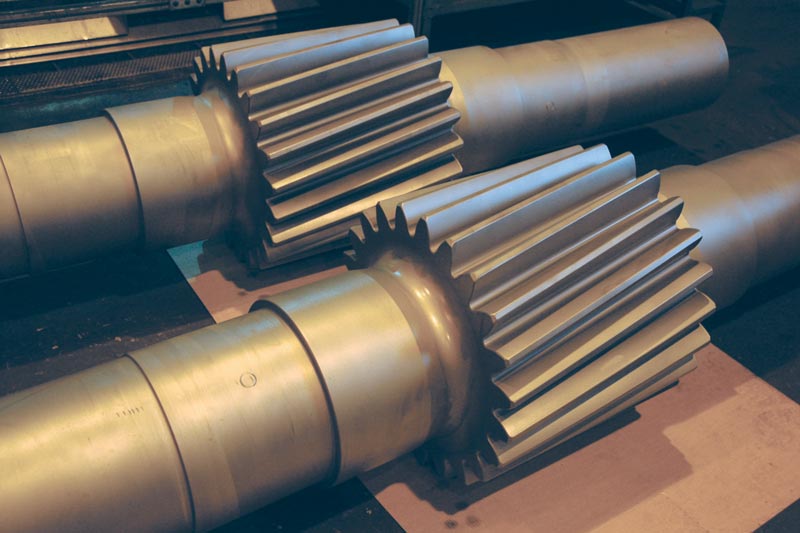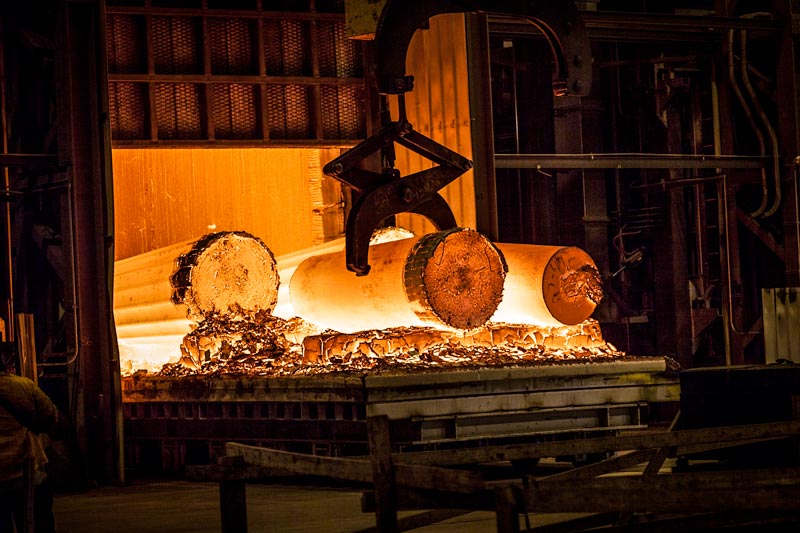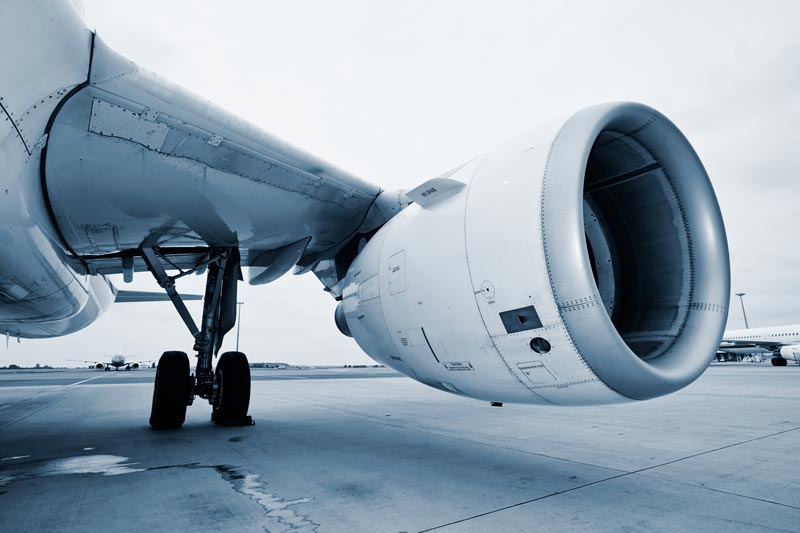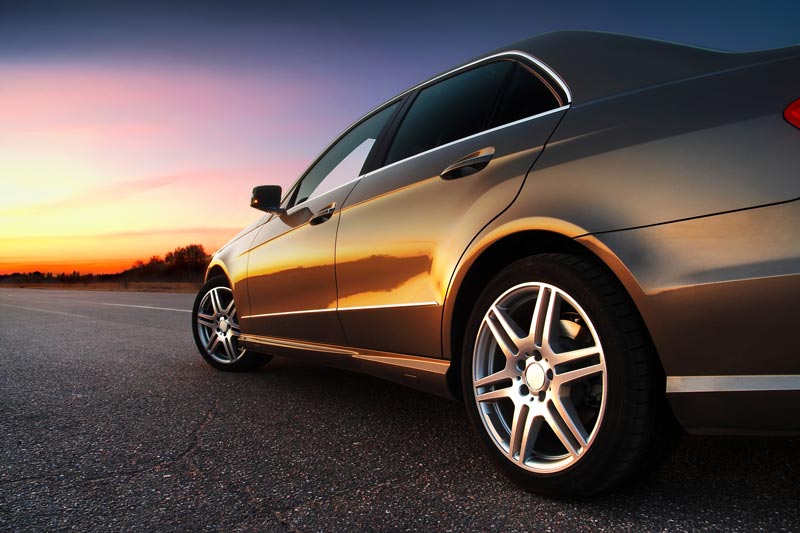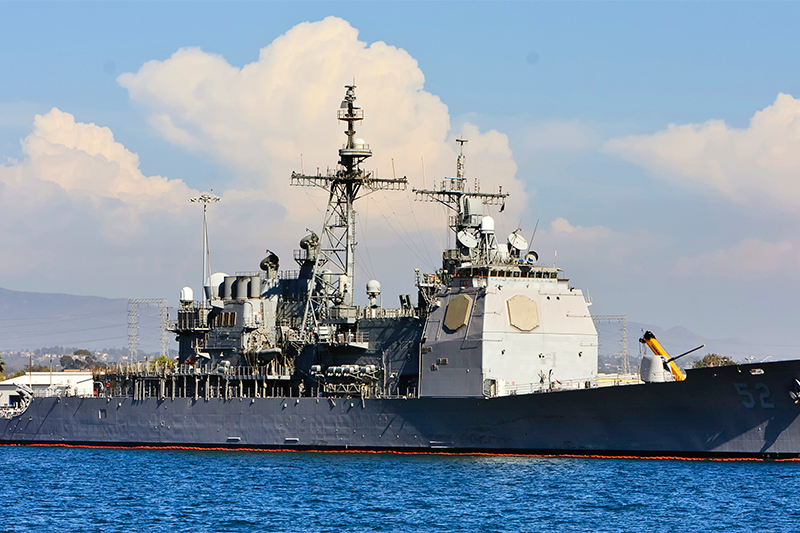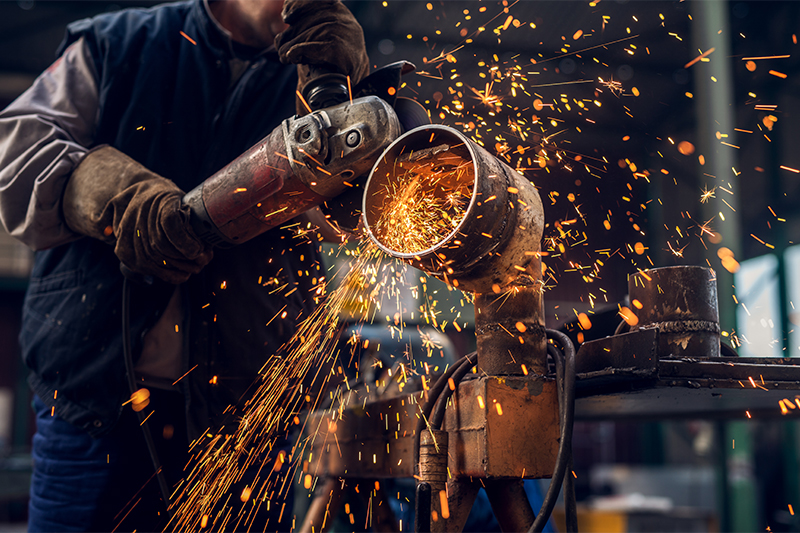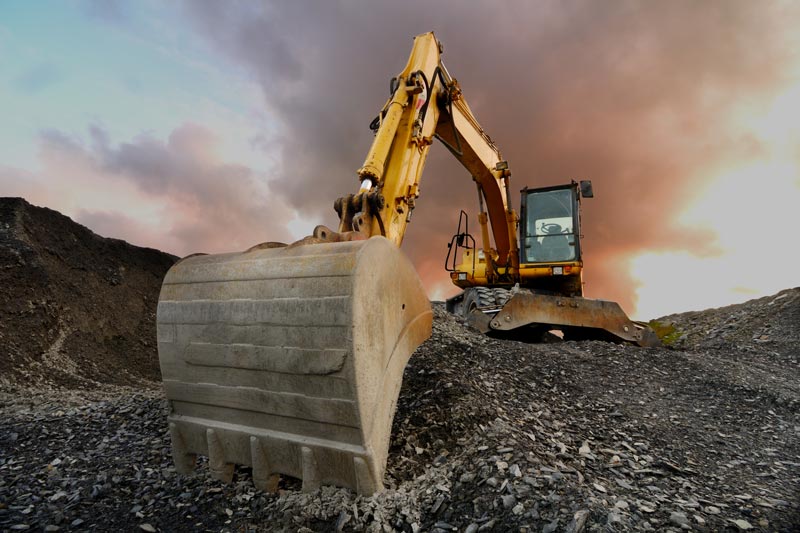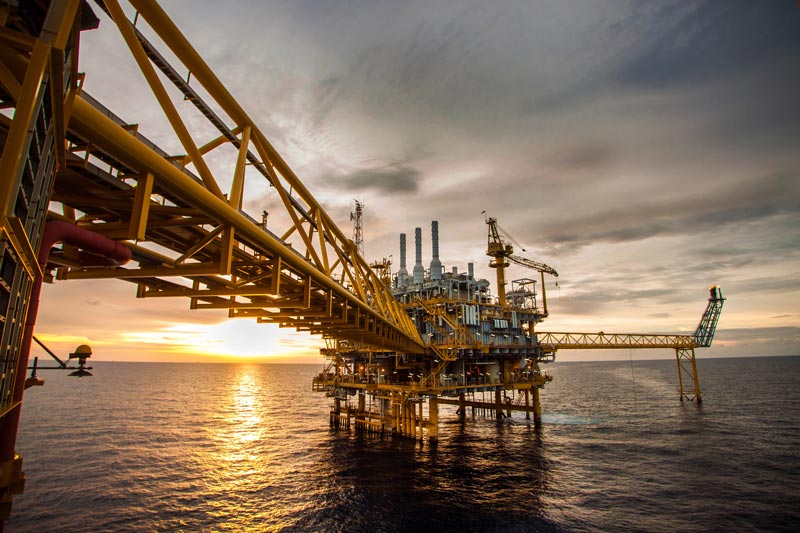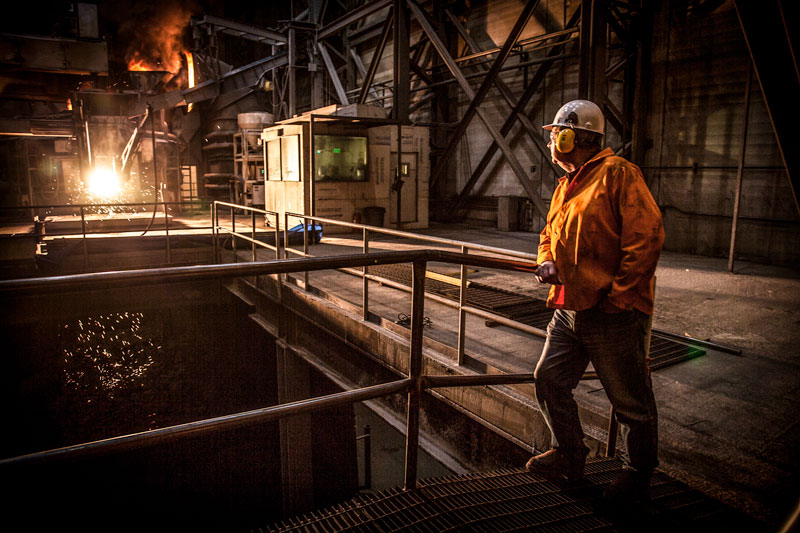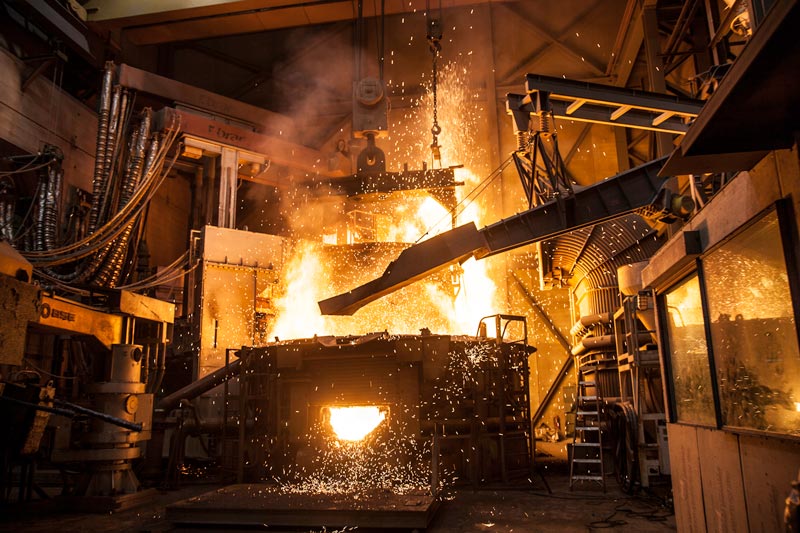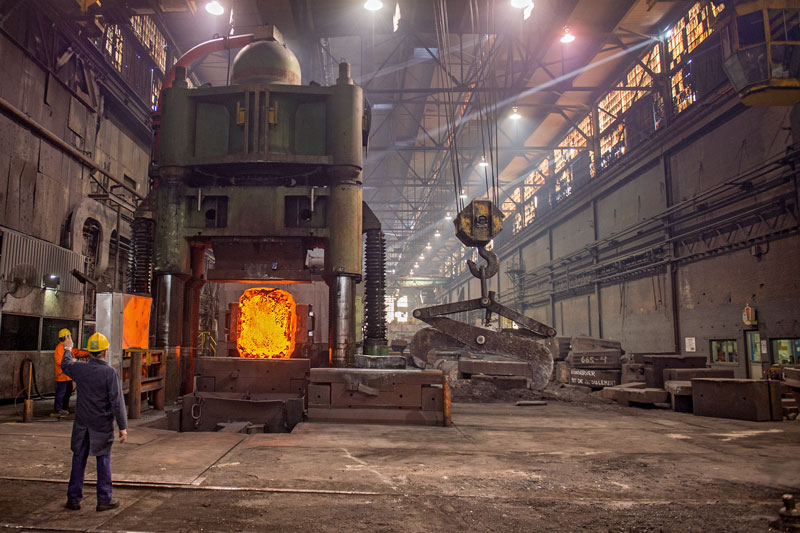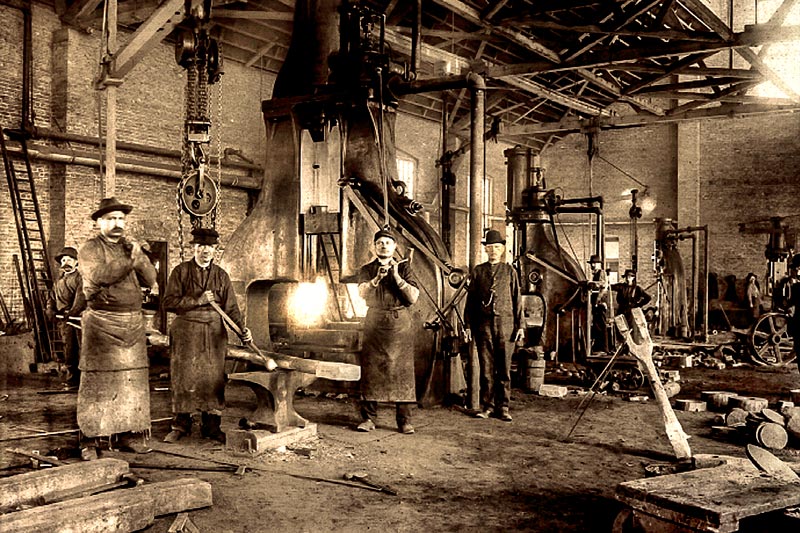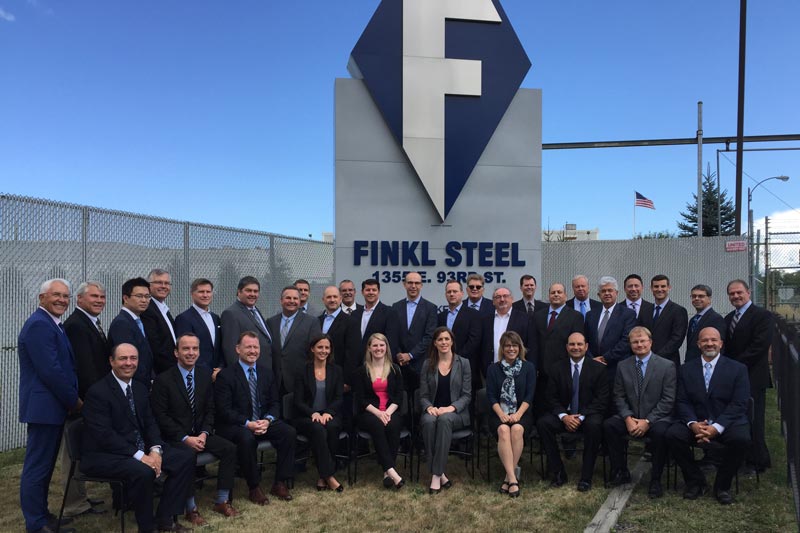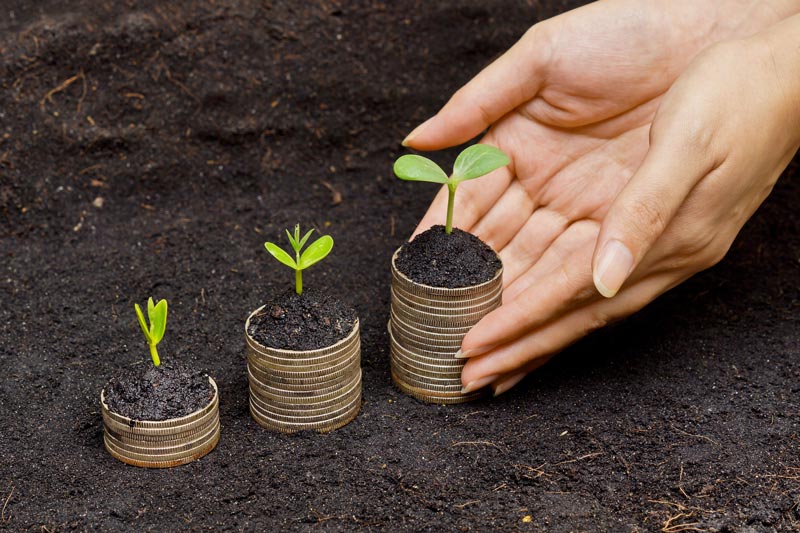In 1989, Finkl Steel began the “Forging a Fresher America” campaign to compensate for the CO2 generated through the daily steel making process both presently and for the next 100 years. As part of responsible manufacturing, members of the Finkl team researched ways to reduce environmental impact and determined that a worldwide replacement tree planting program would be a significant tool.
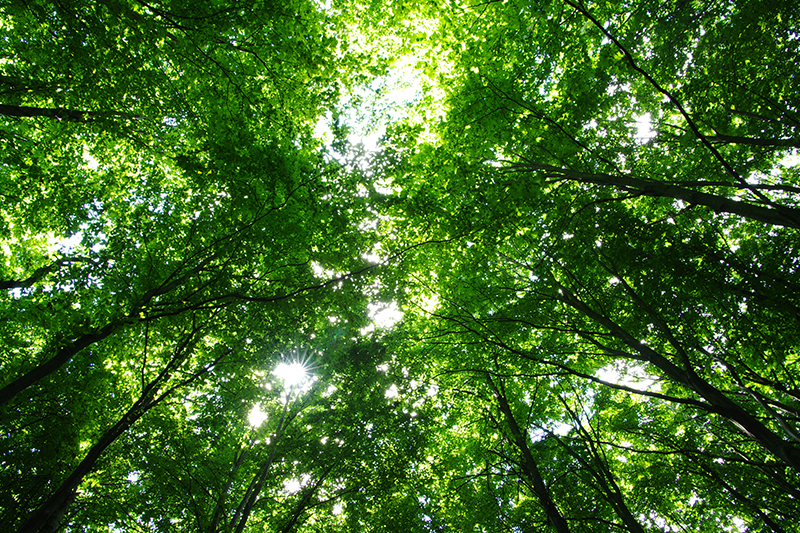
Carbon Dioxide: a Balance
CO2 is essential for the growth of all plants, which collect the gas and subsequently emit oxygen vital to air that we breathe. Unchecked, CO2 is a major contributor to the greenhouse gases that creates a layer in the Earth’s atmosphere preventing the reflection of the sun’s rays from escaping back into space. This increases the amount of the sun’s thermal energy that remains on the planet, potentially attributing to a warming effect. Increasing the number of trees, therefore, helps to reduce the extra CO2 from adding to this blanket.
Tree Planting in the Midwest
In conjunction with the Department of Natural Resources (DNR) in the states of Wisconsin, Illinois and Michigan, over 7,000,000 trees have been planted since this campaign began. The variety of trees planted was determined by the location and soil content of the region, with conifer varieties such as Jack and Red Pines planted along the US/Canadian border, and deciduous hardwoods along the more fertile Mississippi River valley. Care and consideration were given to the mix of trees planted so that the longevity of the program would be preserved in the face of any infestation or disease. The cost of this program is minimal, with the price of seedlings between $0.105 USD (2009) and $0.788 USD each.
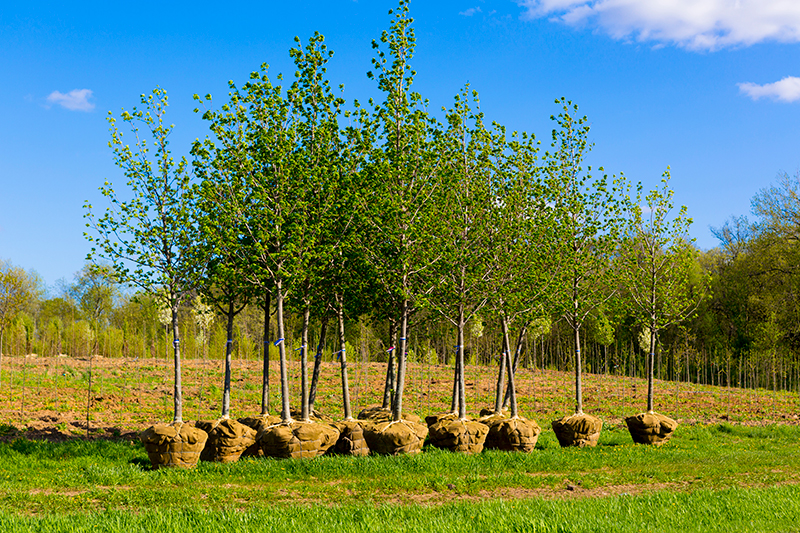
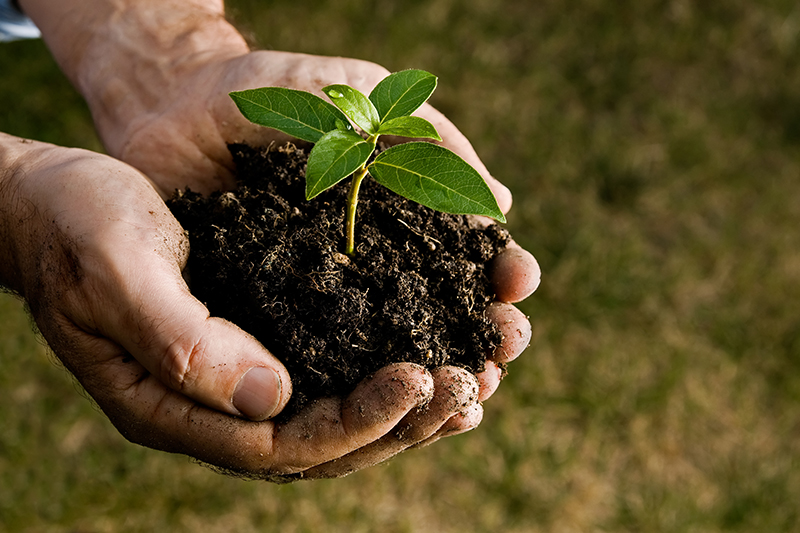
Doing our Part
The amount of carbon currently estimated to have been absorbed is approximately 27,760 tonnes* of CO2 in 2015. This is the result of the trees planted on 9,852 acres across the Midwest region of the United States. In recognition, Finkl Steel was presented with The National Arbor Day Foundation Fredrick Law Olmstead Award twice, in both 1991 and again in 2003. This award honors the commitment to tree planting and conservation. Finkl Steel’s continued commitment to sustainability establishes it as a responsible manufacturer and partner to the community.
Number of Trees Required to Absorb the CO2 We Generate Everyday
| OBJECT OR SUBSTANCE | THERMS/YEAR | CO2 GENERATED | ESTIMATED # OF TREES REQUIRED TO ABSORB THE CO2 (APPROX) |
| 1 gallon of gasoline (125,000 Btu/gal.) |
1.25 | 15 lbs | 0.63 of one tree |
| 1 therm of natural gas (100,000 Btu/therm) |
1.0 | 12 lbs | 0.50 of one tree |
| 1 gallon of heating oil (140,000 Btu/gal) | 1.4 | 17 lbs | o.70 of one tree |
| 1 automobile (15,000 miles/year, 15 miles per gallon, 1,000 gallons) | 1,250 | 15,000 lbs | 625 trees |
| An average house heated with natural gas (1,510 therms) | 1,510 | 18,120 lbs | 725 trees |
| An average house heated with heating oil (1,000 gallons) | 1,400 | 17,000 lbs | 700 trees |
*Basis: “Methods for Calculating Forest Ecosystem and Harvested Carbon with Standard Estimates for Forest Types of the United States”, U.S. Department of Agriculture, Northeastern Research Station, General Technical Report NE-343, Smith et al, 2006, pp. 59 (white-red-jack pine), 62 (oak, hickory).
